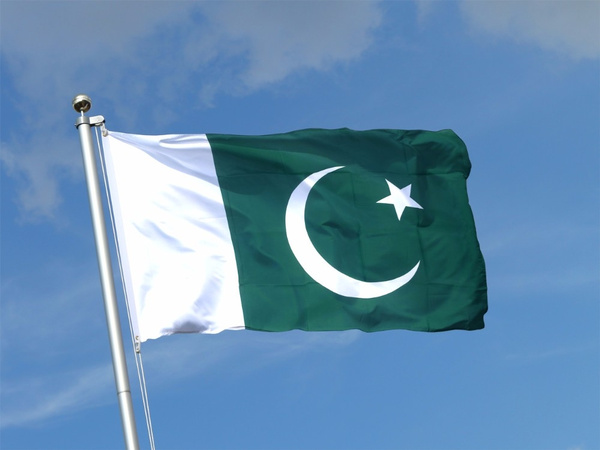
Pakistan’s economic crisis continues unabated and changing Finance Ministers will not change the ground reality, unless and until structural reforms are undertaken in every sector.
A recent decision by the government to continue massive electricity subsidies for wealthy textile exporters is just a temporary fix for the industry’s long-standing issue of lack of international competitiveness. This PKR 100 billion handout by Finance Minister Ishaq Dar will end up in the pockets of the politically influential yarn and cloth producers and the rest will be spent to subsidize foreign buyers at the expense of Pakistan’s taxpayers.
It is true that all textile-producing countries subsidize their industries. But in the case of Pakistan “such support is mostly used to finance low-value-added basic textiles and enrich inefficient yarn and cloth producers.” As analysts point out there is “little evidence that energy subsidies have a direct link to export growth.” Further, these handouts have not convinced the textile manufacturers to scale up and move to higher-value-added products from yarn, basic textiles, and low-end products.
Even if we accept that flawed government policies and energy sector inefficiencies add a high cost to doing business in Pakistan and lower the global competitiveness of our textile exporters. However, as an editorial in Dawn noted, “this problem cannot be fixed by handing out money to them.” Instead, Pakistan needs to “invest a significant part of this subsidy amount to improve the quality of locally produced cotton, boost domestic output to meet the fiber demand of spinning mills, help ginners upgrade their technology, and incentivize small and medium exporters of value-added products. Low-value-added sectors enjoying the electricity subsidy should agree to gradually move to higher-end products.”
![]()





